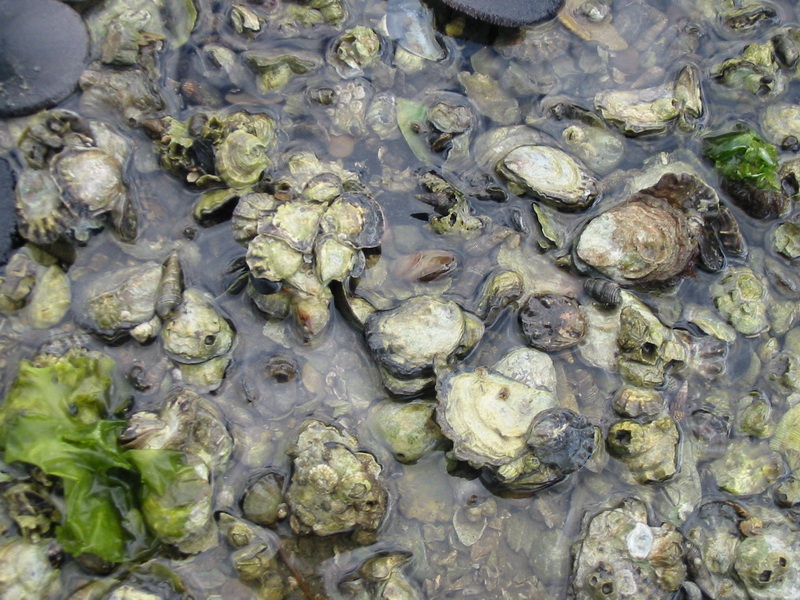OLYMPIA — Beaches along the Strait of Juan de Fuca from Cape Flattery eastward to the Jefferson County line, except for Sequim Bay, are open for the recreational harvest of all species of shellfish.
At one point this summer, all beaches in Clallam County were closed for shellfish harvesting because of elevated levels of paralytic shellfish poisoning, known as PSP.
In September, beaches from the Lyre River and Low Point east to Dungeness Spit were reopened.
On Friday, the state Department of Health reopened the rest of the beaches along the Strait.
Sequim Bay remains closed to the recreational harvest of all species of shellfish.
Discovery Bay and Kilisut Harbor, including Mystery Bay, remain closed only to the harvest of butter and varnish clams.
A seasonal closure is in effect on all Pacific Ocean beaches in both counties.
Commercially harvested shellfish are tested for toxins prior to distribution and should be safe to eat.
Danger signs are posted or will be posted at commonly used public access points where beaches are closed to harvesting.
A closure of all species means people should not harvest clams, oysters, mussels, scallops and other species of molluscan shellfish.
Crab meat is not known to contain the biotoxin, but the guts can contain unsafe levels. Clean crab thoroughly and discard the guts (also known as the “butter”).
Marine biotoxins are not destroyed by cooking or freezing.
Symptoms of paralytic shellfish poisoning, caused by marine biotoxins, can appear within minutes or hours and usually begin with tingling lips and tongue, moving to the hands and feet, followed by difficulty breathing and potentially death.
Recreational shellfish harvesters should check the shellfish safety map at www.doh.wa.gov/ShellfishSafety.htm or call the biotoxin hotline at 800-562-5632 before harvesting shellfish anywhere in the state.

